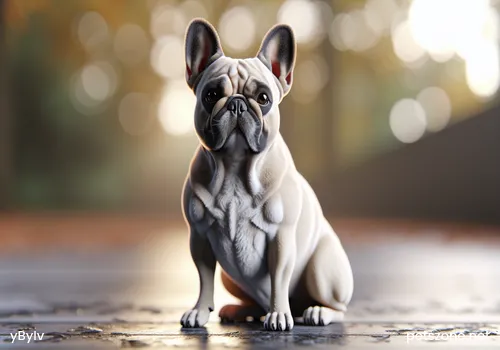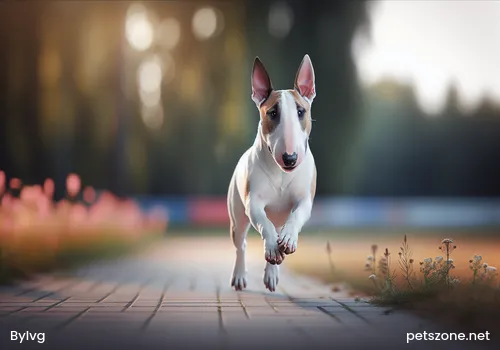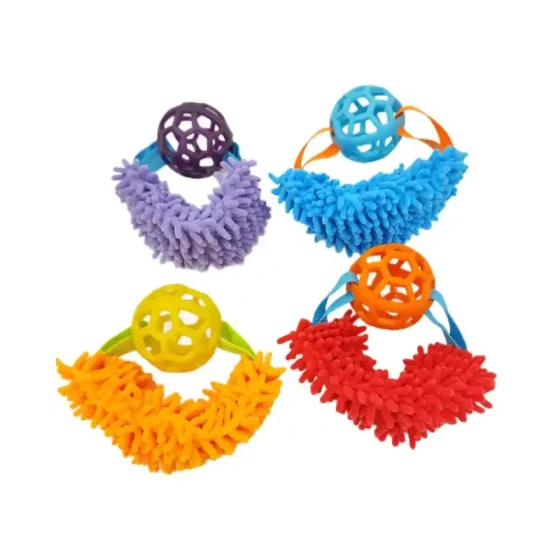The Benefits of Elderly People Raising Dogs and Precautions for Raising Dogs

Pomeranian (detailed introduction)
Some people have to leave elderly family members alone at home because of work, while others live separately from their parents due to marriage. In many unavoidable circumstances, children choose to give pets to the elderly to raise. So what are the benefits of elderly people raising dogs? And what issues need attention during the process?
1. Benefits of Elderly People Raising Dogs
1. Developing Exercise Habits
We worry most about older generations staying at home without going out. Raising a dog can cultivate a moderate exercise habit for them, which not only strengthens their bodies but also makes their mood happier after exercise. It’s a win-win situation.
2. Enhancing Social Interaction
The elderly may gradually withdraw from social interaction due to loneliness since children work away from home. A dog will force you to take it out, during which dog lovers may come to chat with you. This is an excellent way to enhance communication!
3. Happiness and Not Being Lonely
Since children and family members go out for work or school, having a dog at home to accompany the elderly is the best thing. The loyal companionship of a dog makes the elderly feel happy, safe, and not lonely. Dogs are truly great companions.
4. Beneficial to Physical Health
Medical reports indicate that pet dogs can reduce high blood pressure and cholesterol levels. For patients with heart disease, dogs can help reduce the chance of relapse and greatly lower the possibility of depression in the elderly. Dogs really are the best medicine for seniors!
5. Some Dogs Can Detect If You Have Cancer
Specially trained dogs can detect a person's breath with 91% accuracy to find out if someone has colon cancer. If they sniff feces, the accuracy rises to 97% for detecting colorectal cancer. It is estimated that dogs’ sense of smell can be up to one million times stronger than that of humans.
2. Dog Breeds Suitable for the Elderly
1. Playful Poodle
Poodles are small and cute, and they don’t shed much hair, making grooming very convenient. Therefore, they are quite suitable for the elderly. Poodles are smart, rarely bark, and their gentle companionship is truly a great choice for seniors!
2. Lively Schnauzer
Apart from their appearance differing from poodles, Schnauzers share many similarities. They also don’t shed much hair and aren’t noisy dogs. For the elderly, such quiet companionship is enough to bring happiness!
3. Petite Pomeranian
Small sized, smart, and alert, the Pomeranian is an excellent companion dog. Due to its petite body, it requires a relatively small amount of activity, making it suitable for indoor raising.
4. Adorable Chihuahua
A small breed, elegant, alert, and quick in movement, the Chihuahua is widely loved for its balanced physique and petite size. Although small, it is not afraid of other dogs, very brave, able to defend itself against larger dogs, and extremely possessive of its owner, rejecting other dogs of the same kind.
5. Lazy Pekingese
Pekingese (detailed introduction) is very small and tends to be inactive. Small breeds generally have low activity needs compared with large breeds, making them most suitable for elderly people with limited mobility. Having both is just enough exercise, truly a win-win situation!

Poodle (detailed introduction)
3. Precautions for Elderly People Raising Dogs
1. Do Not Spoil Too Much
Elderly people easily treat dogs like children and spoil them too much, which is not acceptable. Dogs must have regular routines and good living habits to avoid developing bad habits that could cause trouble for neighbors or family.
2. Update Concepts and Methods
Even if some elderly people have rich dog-raising experience, there are still many foreign dog-raising methods and products that can benefit the dog's health. Some new training methods will make dogs more obedient and better at interacting with others.
3. Do Not Overly Rely
Dogs do not live as long as humans. Although dogs bring many beautiful things and memories to the elderly, it is important not to let seniors depend too much on their dogs. Otherwise, when a dog passes away, it will be a huge blow to the elderly, which is not good.
Final Reminder: It is best not to let elderly people raise medium to large dogs. Small, short-haired dogs with good temperaments are the best choice. Elderly people with lumbar diseases should not let the leash out too long when walking dogs, and should be careful to avoid getting the leash tangled around legs or feet to prevent falls.


-560x560.webp)


